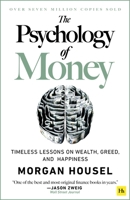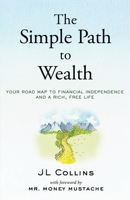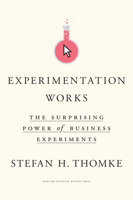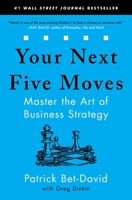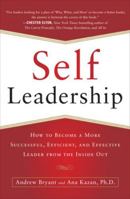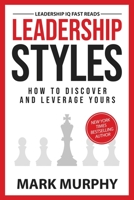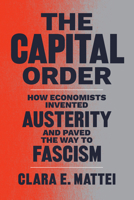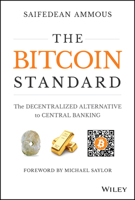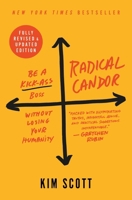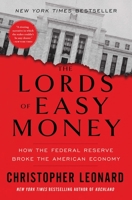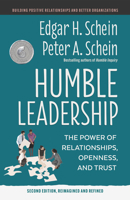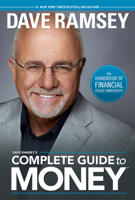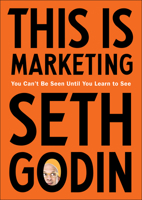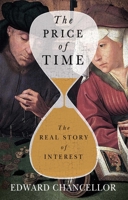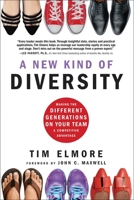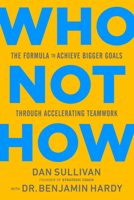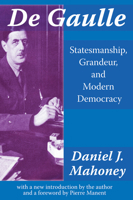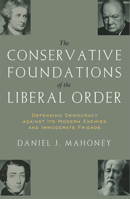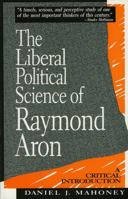Finite Capacity Scheduling: Management, Selection, and Implementation (Oliver Wight Manufacturing)
Select Format
Select Condition 
You Might Also Enjoy
Book Overview
Customer Reviews
Rated 5 starsRequired Reading
This book was written for manufacturing management at all levels interested in increasing productivity, thus profits. It is non-technical in nature and easily understood by all that will be positively affected by its well constructed contents.One must remember that MRP was created in the early days by hardware vendors intent upon selling iron. It was an algorithm designed for purchasing material needed for production based...
0Report
Rated 5 starsShould be required reading at top business schools.
1-5? definitely a five star bookShould you buy and read the book Finite Capacity Scheduling?Yes, and they should require it at Havard Business School, Manchester School of Business, Havard, Columbia, Wharton and Stanford Business School as required reading. Additionally the theories, which are now being proven in many industries will soon hit the service industry markets. It is a wonder how we can keep up the smaller and smaller...
0Report
Rated 4 starsClarity in an unclear marketspace
The authors have done the FCS community a service by providing a unified treatment with a taxonomy that can clear the air in a market filled with meaningless jargon and narrow agendas. While not a "how to" (and never pretends to be so this is not a criticism), there is useful broad advice in how to select a package to insure that the business needs will be addressed with a FCS system. The one area lacking is for all the authors'...
0Report
Rated 5 starsFinite Capacity Scheduling: Management, Selection, and Imple
For more than 20 years, I have been looking for someone to easily explain the basic principles and practices of FCS. Here's a book that takes the complexity out of the subject and makes it simple to understand with examples and antedotes that clearly illustrate the subject details. Rarely have I been able to pick up a book on a techical subject and find myself "getting into it" because the style and content is so interesting.There...
0Report
Rated 4 starsFinite Capacity Scheduling - Predictability at Last
Anyone who has been trying to run a factory with traditionally infeasible production schedules will find this book hard to believe. We have been using infinite capacity backward pass scheduling and rough cut capacity planning for so many decades that it has become a dogma among those concerned with materials management. We have used these unreliable scheduling tools for so long that the idea of a feasible and current production...
0Report














